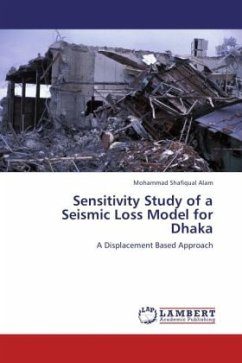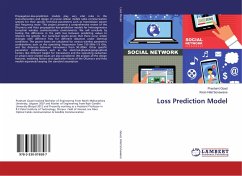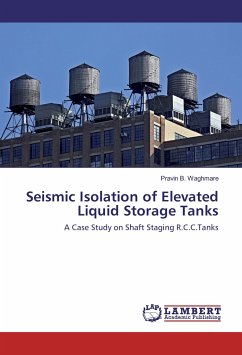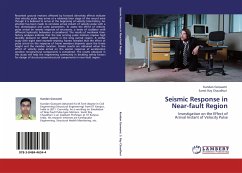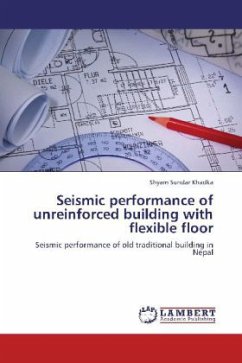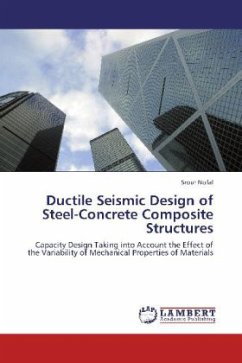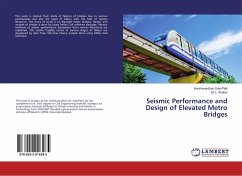Seismic loss assessment is very useful for the design of insurance and reinsurance schemes & in the planning of urban/regional-scale emergency response,disaster planning & seismic retrofitting schemes.Traditionally,vulnerability assessment studies have employed macro seismic intensity scales to represent the ground shaking.But,where the assessment of a structure is concerned it is the displacement that gives an indication of the damage that can be expected and hence the state-of-the-art is now to use in some way the displacement response spectrum to represent the destructive capacity of the ground motion.The application of a displacement-based methodology instead of that of a traditional intensity-based method for loss assessment of Dhaka (the capital of Bangladesh and one of the major cities of South Asia),is thus the focus of this research.A displacement-based earthquake loss assessment methodology (DBELA),is applied to Dhaka and the damage is predicted based on the comparison of displacement capacity of buildings and displacement demand by scenario earthquakes. Furthermore, the impact of uncertainty of input parameters on loss is explored by carrying out a sensitivity study.
Bitte wählen Sie Ihr Anliegen aus.
Rechnungen
Retourenschein anfordern
Bestellstatus
Storno

